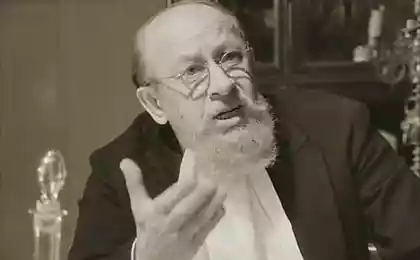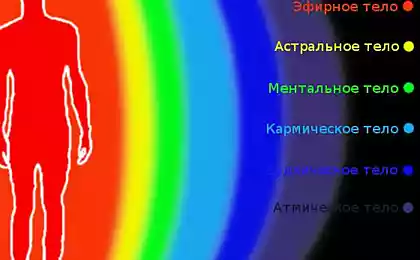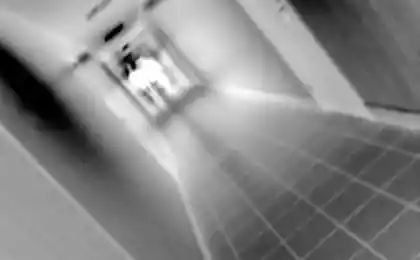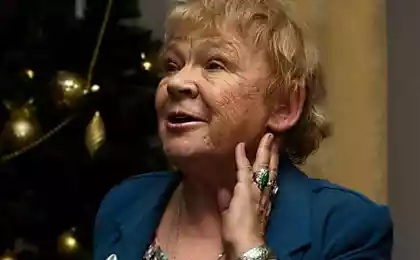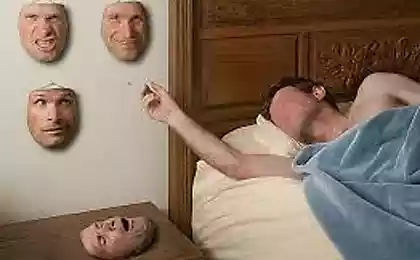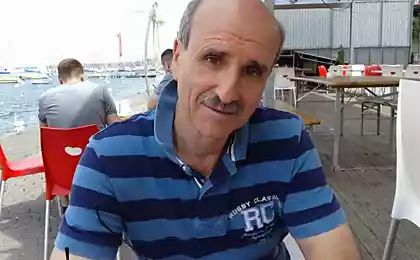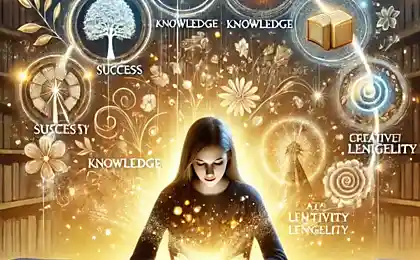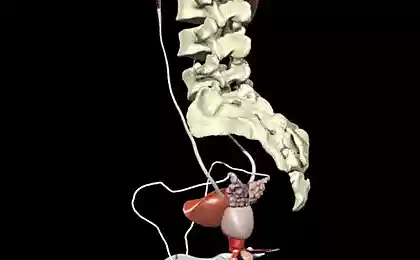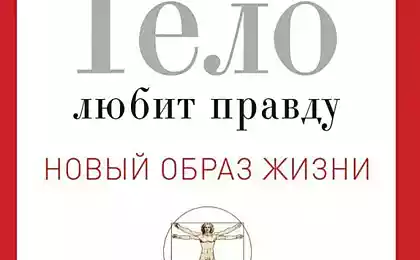624
Psychosomatics: 5 books on the interaction of the soul and body
Psychosomatics is one of the modern trends in psychology and medicine. It examines the mechanisms of interaction between soul and body. As the man turns a simple conventional contact to the source of their problems, how the psyche creates the disease, what is the relationship between thinking and events of everyday life? These are the main questions to try to answer the researchers.
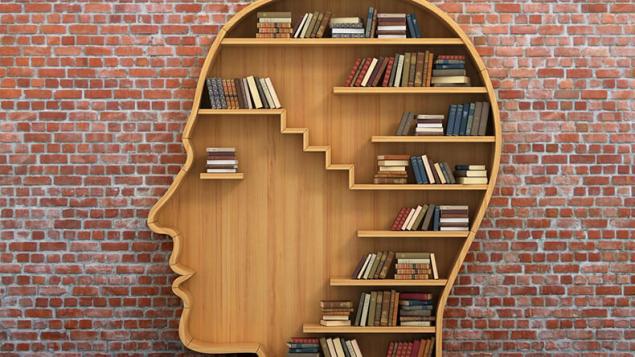
1. Franz Alexander "Psychosomatic medicine. Principles and applications"
Franz Alexander is recognized as one of the founders of psychosomatic medicine (psychosomatic medicine). His works played a decisive role in the recognition of emotional stress a significant factor in the emergence and development of somatic diseases.
This work is Central to the work of F. Alexander. It summarizes the experience of rapid development of psychosomatics in the first half of the XX century and outlines the methodology of a new psychoanalytic approach to the understanding and treatment of diseases.
Extremely useful book in terms of a common understanding of the origin and development of the main psychosomatic disorders, psychosomatics and logic in General.
2. Kulakov, S. A. "Psychological workshop — fundamentals of psychosomatic medicine"
The book covers the most popular theory of the origin of psychosomatic disorders are different clinical-psychological methods of research in psychosomatic patients, all of these provisions are illustrated by cases from the practice of the author. The Appendix contains a series of diagnostic assessment forms that can be used in practical work.
The book is intended for medical students, students studying on the specialty "psychology" and "clinical psychology" and all those professionals who wish to refer patients who can find the psychological roots of their physical suffering.
3. Mark Voronov Psychosomatics "a Practical guide"
The book highlights the problem of transition the psycho-emotional phenomena in a bodily (somatic) from the original positions, which are based on the theory of the alternation of five reactions to obstacles, and to obstacles in the physical world and in the world is perfect. Alternating in a certain order they correspond to the universal system of the five elements of Wu Xing, which has come down to us from ancient Chinese medicine.
4. Joyce McDougall "Theaters of the body. A psychoanalytic approach to psychosomatic disorders"
The author conducts scientific narrative. The theoretical assumptions are supported by analysis of real case studies with emphasis on these assumptions. To follow the author and his thought must read the whole book, but her thesis can be reduced to several basic provisions:

What's my strength and what my weaknessFamily energobit: the vampire and the donor is under one roof
5. Meneghetti Antonio "Psychosomatics"
Advanced psychology examines the role of psychologist, not as aid to the patient, and as facilitating the capacity of a healthy person. This book explains the basic aspects of human life: the source of well-being (the criterion of In-CE), based on relationships with other people (semantic field) that describes how psychology can help in the first place a healthy person.
Here the author gives the basic rules whose breach, even unknowingly, causes a person to experience dissatisfaction. published
Source: vk.com/lifeofpsy?w=wall-425148_1871

1. Franz Alexander "Psychosomatic medicine. Principles and applications"
Franz Alexander is recognized as one of the founders of psychosomatic medicine (psychosomatic medicine). His works played a decisive role in the recognition of emotional stress a significant factor in the emergence and development of somatic diseases.
This work is Central to the work of F. Alexander. It summarizes the experience of rapid development of psychosomatics in the first half of the XX century and outlines the methodology of a new psychoanalytic approach to the understanding and treatment of diseases.
Extremely useful book in terms of a common understanding of the origin and development of the main psychosomatic disorders, psychosomatics and logic in General.
2. Kulakov, S. A. "Psychological workshop — fundamentals of psychosomatic medicine"
The book covers the most popular theory of the origin of psychosomatic disorders are different clinical-psychological methods of research in psychosomatic patients, all of these provisions are illustrated by cases from the practice of the author. The Appendix contains a series of diagnostic assessment forms that can be used in practical work.
The book is intended for medical students, students studying on the specialty "psychology" and "clinical psychology" and all those professionals who wish to refer patients who can find the psychological roots of their physical suffering.
3. Mark Voronov Psychosomatics "a Practical guide"
The book highlights the problem of transition the psycho-emotional phenomena in a bodily (somatic) from the original positions, which are based on the theory of the alternation of five reactions to obstacles, and to obstacles in the physical world and in the world is perfect. Alternating in a certain order they correspond to the universal system of the five elements of Wu Xing, which has come down to us from ancient Chinese medicine.
4. Joyce McDougall "Theaters of the body. A psychoanalytic approach to psychosomatic disorders"
The author conducts scientific narrative. The theoretical assumptions are supported by analysis of real case studies with emphasis on these assumptions. To follow the author and his thought must read the whole book, but her thesis can be reduced to several basic provisions:
- Ideally, the child's mother provides him with a safe living space, filled with love and a timely response to his vital needs. This way the person creates the image of the mother, which helps him in stressful situations.
- At the same time as the development of the autonomy of the child the mother should go towards him to have personal space for growth.
- In the absence of these conditions disrupted the ability to recognize private feelings and the body regresses to infant method the reaction is somatic.

What's my strength and what my weaknessFamily energobit: the vampire and the donor is under one roof
5. Meneghetti Antonio "Psychosomatics"
Advanced psychology examines the role of psychologist, not as aid to the patient, and as facilitating the capacity of a healthy person. This book explains the basic aspects of human life: the source of well-being (the criterion of In-CE), based on relationships with other people (semantic field) that describes how psychology can help in the first place a healthy person.
Here the author gives the basic rules whose breach, even unknowingly, causes a person to experience dissatisfaction. published
Source: vk.com/lifeofpsy?w=wall-425148_1871
How to prepare drops for all diseases from simple ingredients
Cast iron radiators for home heating: advantages and disadvantages
